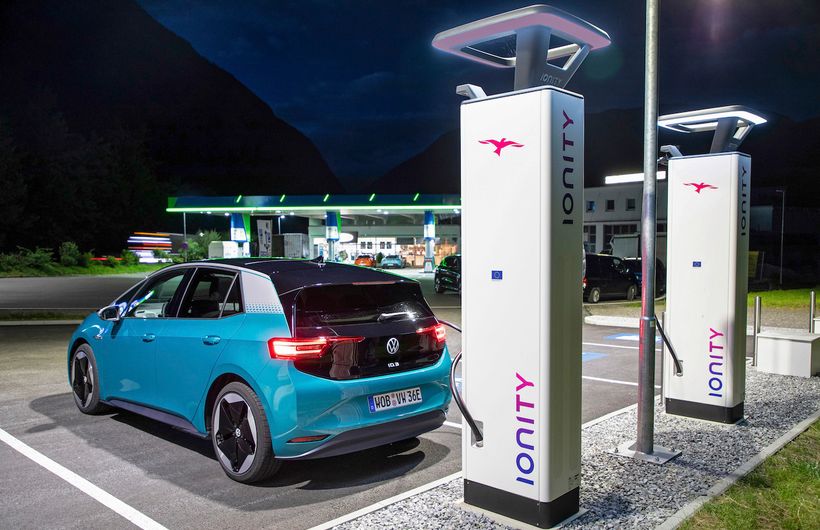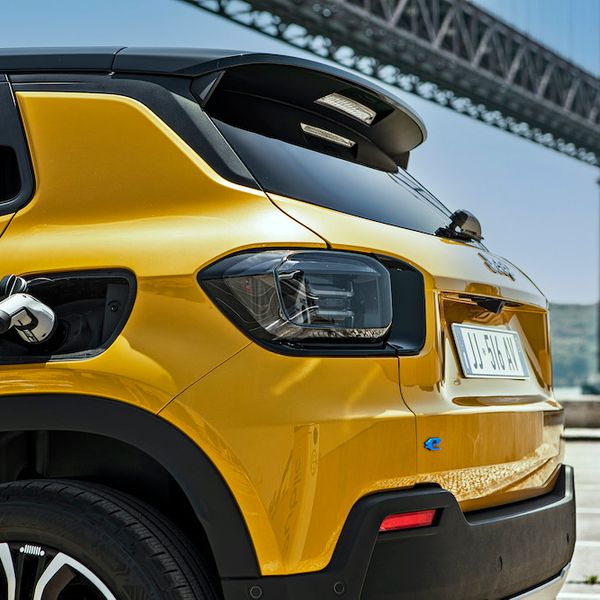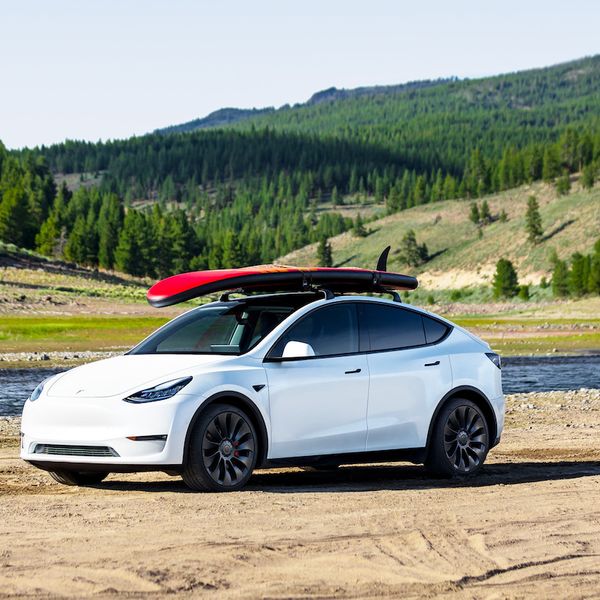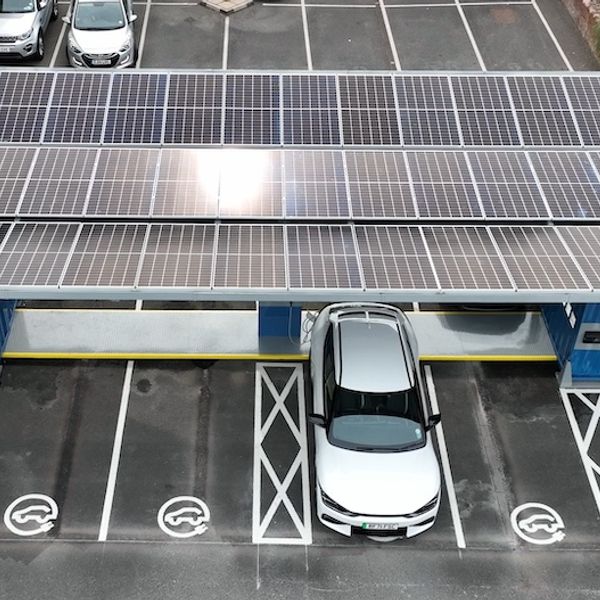The average price of charging an electric car on a pay-as-you go, non-subscription basis at a publicly accessible rapid charger in Great Britain has increased by 21% to 44.55p per kilowatt hour (kWh) since September, figures analysed by the RAC’s show.
The 7.81p per kWh increase, from 36.74p at the end of last summer, means that the average cost to complete an 80% rapid charge of a typical family-sized electric car such as a Kia e-Niro with a 64kWh battery has increased by £4 over this period, from £18.81 to £22.81 now. The RAC’s analysis shows that it now costs on average 10p per mile to charge at a rapid charger, up from 8p per mile last September.
This is nearly half the cost per mile compared to filling a petrol-powered family car, the cost of which has risen from 15p per mile since the end of last September to a staggering 19p per mile now. The cost per mile for a similarly sized diesel-powered car is even higher at nearly 21p.
Charging at home remains the best value. Electrifying.com’s weekly Fuel Check analysis shows the difference in monthly cost between comparable petrol and electric cars. At the time of writing, a medium-sized family such as a Volkswagen ID.3 is would save the average motorist £73 versus an equivalent Golf.
The average price of charging at the quickest ultra-rapid chargers – which have a power output of 100kW-plus and can deliver a charge to a compatible vehicle in as little as 20 minutes – has increased by a greater margin of 16.76p per kWh, from 34.21p per kWh in September to 50.97p in May. This means the cost to charge a vehicle to 80% has risen from £17.51 to £26.10.
 Charging an ID.3 is currently £73 per month cheaper to fuel than a Golf, but rapid charging shrinks the saving
Charging an ID.3 is currently £73 per month cheaper to fuel than a Golf, but rapid charging shrinks the saving 













